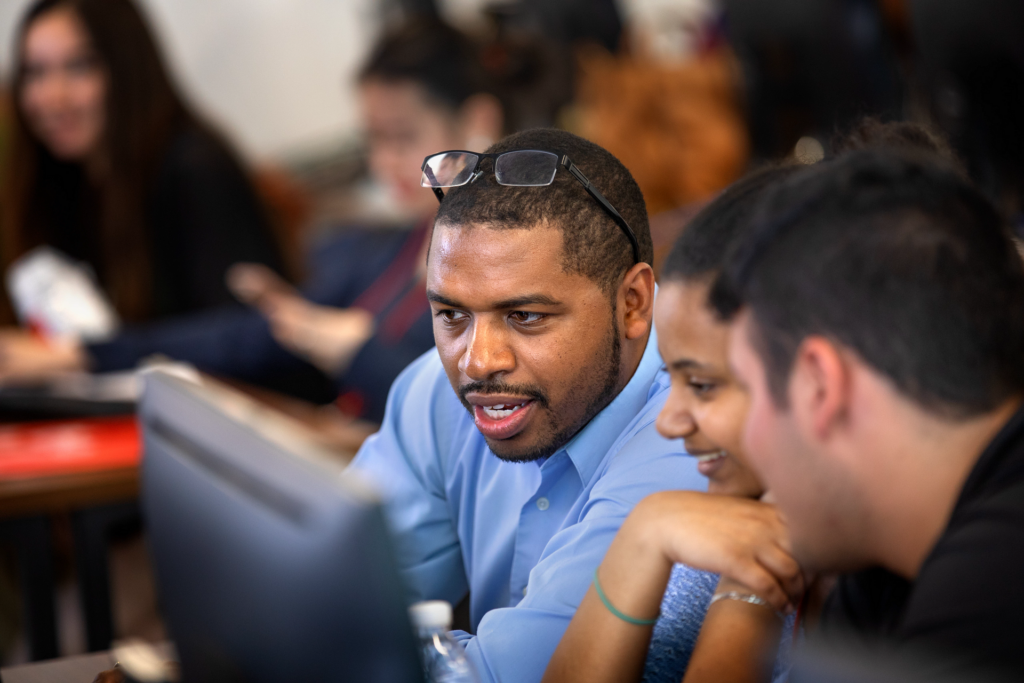For Cornell researchers developing innovative, problem-solving technologies, the work doesn’t end in the lab. Discoveries that reach the market can improve society and stimulate economic growth, and Cornell’s robust entrepreneurial ecosystem is there to support innovators who want to make an impact with their research.
Cornell spinouts AvantGuard and Exostellar started their paths to commercialization with the I-Corps program, founded by the National Science Foundation (NSF) in 2011 to help scientists and academics evaluate the product-market fit of their innovations. Cornell leads the Interior Northeast I-Corps Hub, established this year by a $15 million, five-year grant from the NSF.
“The I-Corps program is an educational necessity as part of the larger entrepreneurial ecosystem at Cornell and enables everyone involved to feel confident that the underlying thesis behind the startup is grounded in real opportunity,” said AvantGuard CEO Ted Eveleth, MBA ’90.
According to the NSF’s 2023 Biennial Report to Congress on I-Corps, I-Corps has trained more than 2,500 teams nationwide, over half of which went on to form startups. These startups have raised a combined $3.16 billion in funding, with Cornell spinouts accounting for tens of millions of dollars.
AvantGuard, a startup making cutting-edge technologies that extend the life of chlorine-based disinfectants, spun out of Cornell research conducted by Minglin Ma, associate professor of biological and environmental engineering, and former postdoctoral researcher Mingyu Qiao.
The researchers honed the market fit of the technology in I-Corps regional and national programming; then, they brought on Eveleth, an experienced entrepreneur, to start AvantGuard (originally Halomine) in 2019.
I-Corps emphasizes customer discovery, a process for identifying customers’ needs and assessing an innovation’s commercialization potential accordingly.
“Customer discovery is critical,” said Exostellar CEO Hakim Weatherspoon. “You have an idea of who the customer is and what they want, but the reality is, you have no idea especially if you’re coming from research. You’re looking at a scientific audience versus with a product, you’re looking at someone who’s willing to pay money.”
Weatherspoon, a professor in the Ann S. Bowers College of Computing and Information Science, co-founded Exostellar, a cloud resource optimization platform, with fellow professor Robert van Renesse and Zhiming Shen, Ph.D. ’17 in 2018.
The team completed an I-Corps short course in 2018, then interviewed 100 potential customers through the more intensive I-Corps Teams national program.
“The magic about that is it has to be a large enough number that you can get some statistically significant data,” said Weatherspoon. “You have to get out of your comfort zone and talk to people.”
In 2019, Exostellar and AvantGuard licensed their technologies through the Center for Technology Licensing (CTL) and joined the Praxis Center for Venture Development. Both startups also received funding from the Ignite program at CTL.
The COVID-19 pandemic began soon after that, and the crisis made AvantGuard shift from focusing on agricultural uses for its antimicrobial technology to prioritizing public health applications.
Government agencies took note and rushed to support research and development of the startup’s technology.
Since then, AvantGuard has raised nearly $8 million in grants funding, including a $2 million grant from Empire State Development’s New York State Biodefense Commercialization Fund and awards from the NSF, Department of Agriculture (USDA), Department of Health and Human Services, Department of Defense, and National Institutes of Health.
In 2020, AvantGuard won $250,000 from the Grow-NY Food & Agriculture Business Competition, which is administered by the Cornell Center for Regional Economic Advancement.
The rapid development of AvantGuard’s products led the startup to secure a major strategic partnership with Diversey, a leading hygiene product company, to extend the reach of its signature product, AvantGuard247. Diversey added the product to its infection prevention portfolio. The startup also raised $2.85 million in seed funding this year.
While AvantGuard has made an impact in the fight against infectious disease, Exostellar has helped major companies reduce their spending in the cloud, allowing more compute for a lower cost and decreasing cloud expenditure by up to 80%. The company’s technology is also high-performance, reliable, and seamless to integrate.
“The value is not necessarily the reduction in price, it’s that it helps with a high-need and low-satisfaction area,” Weatherspoon said. “That’s essentially something we learned through I-Corps is how to get at that.”
Exostellar has raised $19 million in funding, including Small Business Innovation Research (SBIR) funding from the NSF and a $12 million seed round led by Cambium Capital Partners and Celesta Capital.
This year, the startup partnered with Synopsys, a leading electronic design company to develop Synopsys ChipSpot using Exostellar’s X-Spot technology. The partnership brings Exostellar’s technology to some of the largest companies in the world.
Exostellar and AvantGuard illustrate the broad impact of I-Corps — the program prepares innovators across industries to make the leap from research to the market, where their work can touch make a real difference in people’s lives. At Cornell, I-Corps also gives founders the foundation they need to utilize a breadth of additional entrepreneurship resources, including incubators, mentors, technology licensing, and further programming.


